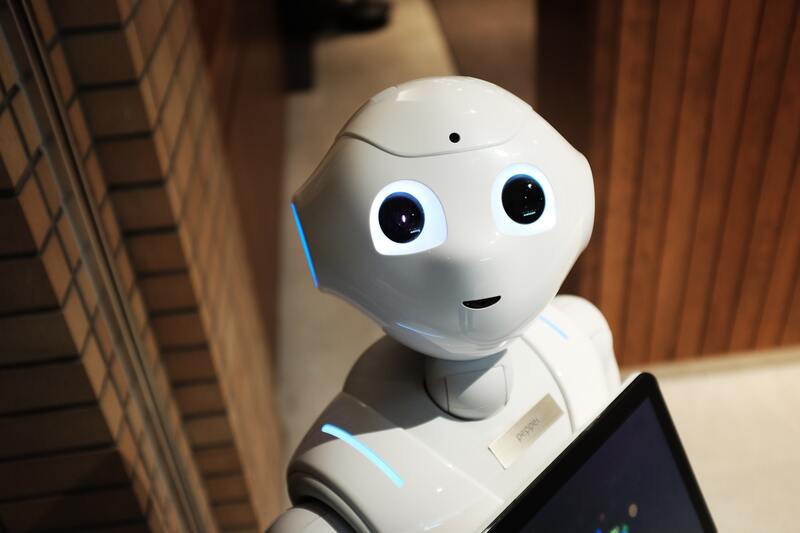In an increasingly diversifying world of the metaverse, AI is the newest avatar. Though it has been around us for quite some time, its presence has become more pronounced with the arrival of its new progeny (read genie), ChatGPT.
Many of us know that some iPhone cameras use AI in order to detect faces and objects as do other gadgets in a number of ways. Many of us are also aware that chatbots have existed since the 1960s when the first one called ELIZA was made. We are also quite familiar with names such as Siri, and Cortana and use them too on our phones and PCs. However, the bots like ChatGPT go a step beyond where people can ask their phone and computer screens to write, design, analyse, mark, and so on.
Since its launch in November 2021, the Microsoft-supported ChatGPT from OpenAI has received more than one hundred million subscribers around the world. With its free and friendly operating system, it has attracted people from various parts of life, especially from the academic world. Teachers and students started using ChatGPT to test its strengths, abilities, and skills to respond to curriculum-based questions. The results have been amazing with teachers getting their time cut short in producing lesson materials and students taking advantage of a more personalised learning experience where they can self-assess and get materials suited to their needs. But then, cheating in assessments has also taken a new turn.
In Australia, two states – New South Wales and Queensland – recently banned the use of AI in their schools after a spurt in the use of ChatGPT by students to do assessments. ChatGPT has allowed them to produce materials without really understanding the content, causing huge concerns for teachers. Cheating cases have been reported from other parts of the world too.
This has given a new form to plagiarism which was previously dependent on search engines and peer-to-peer transactions. ChatGPT gets ready-made answers that just need clicking to submit your work. One of the most curious “cheating cases” related to AI has come from outside the world of education. An Australian firm called Absolutely AI tested its ability by participating in a photography competition (https://www.australianphotography.com/news/ai-generated-image-wins-australian-photo-comp) where it entered its AI-generated image and won the top prize.
Upon receiving the cash prize, however, the company came clean on its act, admitting the fact and returning the money. The company expressed its objective of testing AI’s capabilities in clear-cut terms, but their fooling of the judges may have revealed a portent of things to come.
As part of my experiments, I tested ChatGPT’s ability not just to learn about what it can produce as a response to questions, but also to find out how students may use the system, how it can benefit them, as well as how it can take them away from their learning realms. The ChatGPT- generated answers to Cambridge or IB-styled questions are mostly to the point, arranged in neat paragraphs and very technical in nature. Students need to be smart enough to give additional instructions to get responses that will meet the requirements of the examiners. In some cases, for example, in a story piece that I generated after typing down a Cambridge AS Level English question with extra instructions, I received aspects of narrative writing with specific characters, dialogues and setting that may fulfil the needs of a given mark scheme.
Even then, a student would only be able to get a pass, but not one of the top bands as the work would still need some finetuning. What the AI cannot generate is figurative language that is contextually suited, varied sentence structures, experimental vocabulary, and interior monologues to reveal the characters’ thinking processes. In an essay writing situation, the AI-generated answer would don the look of a business-like manner of presenting oneself at a party – with crisp and well-chiselled paragraphs, but without providing examples and anecdotes to prove a point. Extra instructions might not include aspects a student might wish to have to achieve the desired band.
Here is where the academic world needs to see and make themselves beneficiaries of AI rather than customers who do not check the quality of its products. Just as the internet has served us as a tool in our studies, AI needs to be seen in the same status. Its weakness vis-à-vis being biased, not having human aspects and not encouraging critical thinking skills needs to be emphasised in classrooms to educate the younger generation who might be vulnerable to online abracadabra.
Students need to be aware that teachers are the best people on earth to understand their standard levels in academic performance. Thus, any anomalous submission of work is bound to face scrutiny. This will inevitably result in an investigation into plagiarism-related offences and sanctions based on school policies. On a more serious level, such work submissions will only deprive students of practising their skills learnt as part of lessons.




